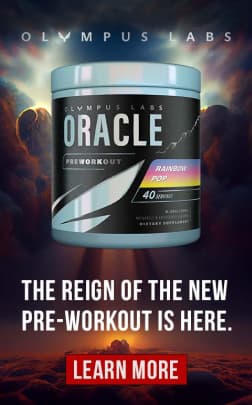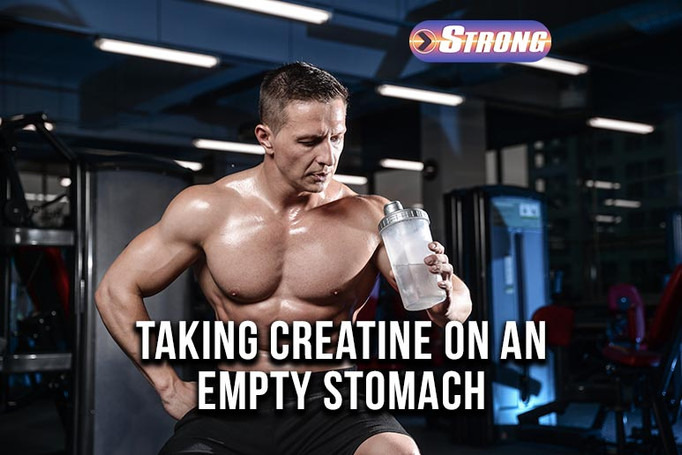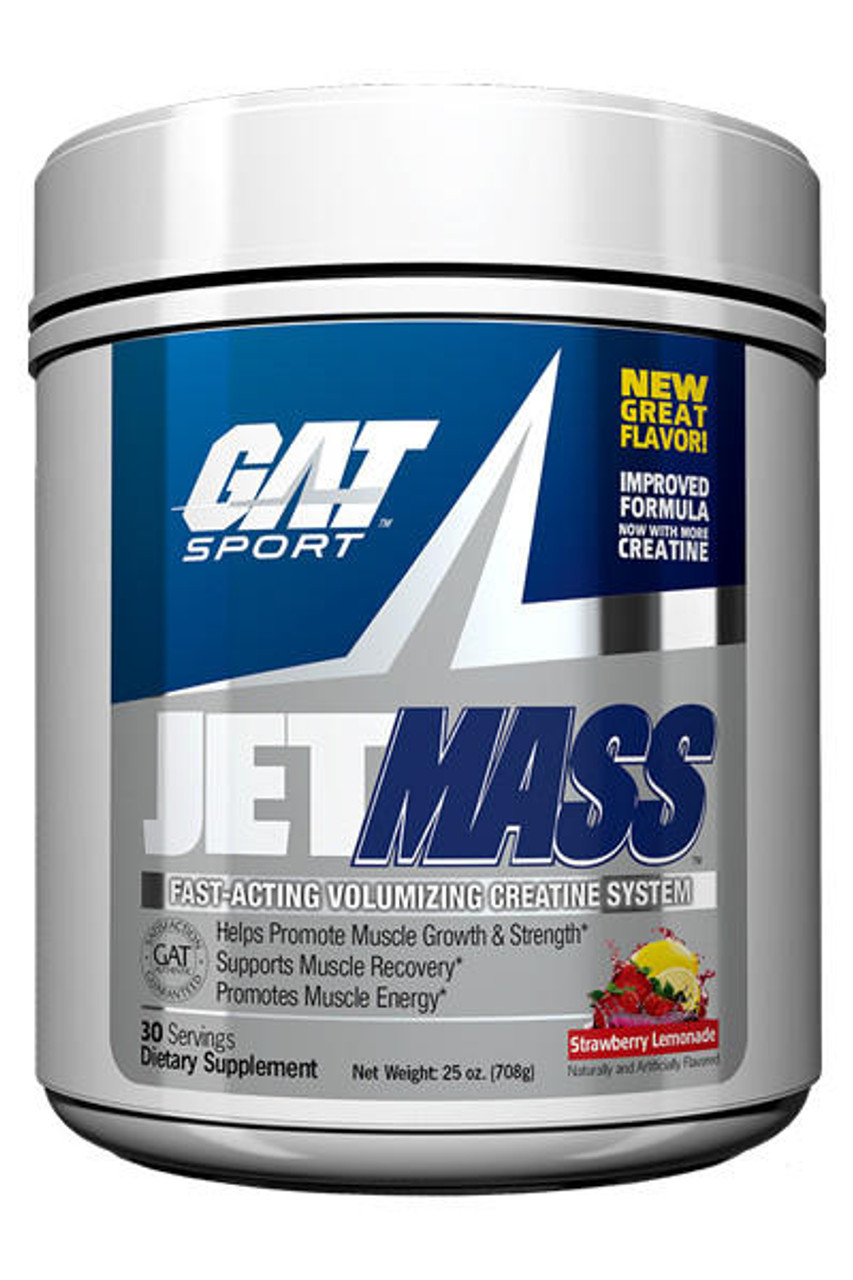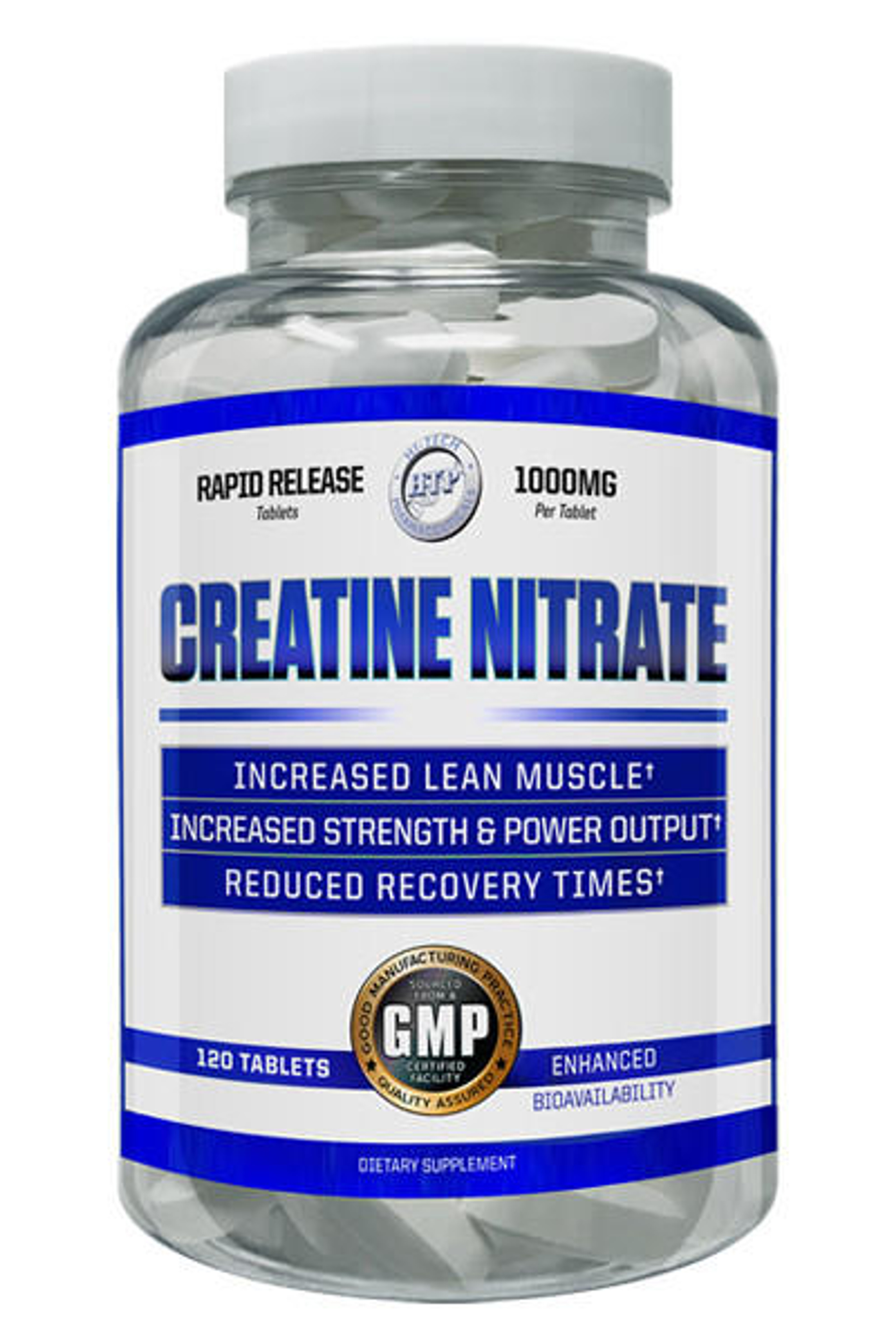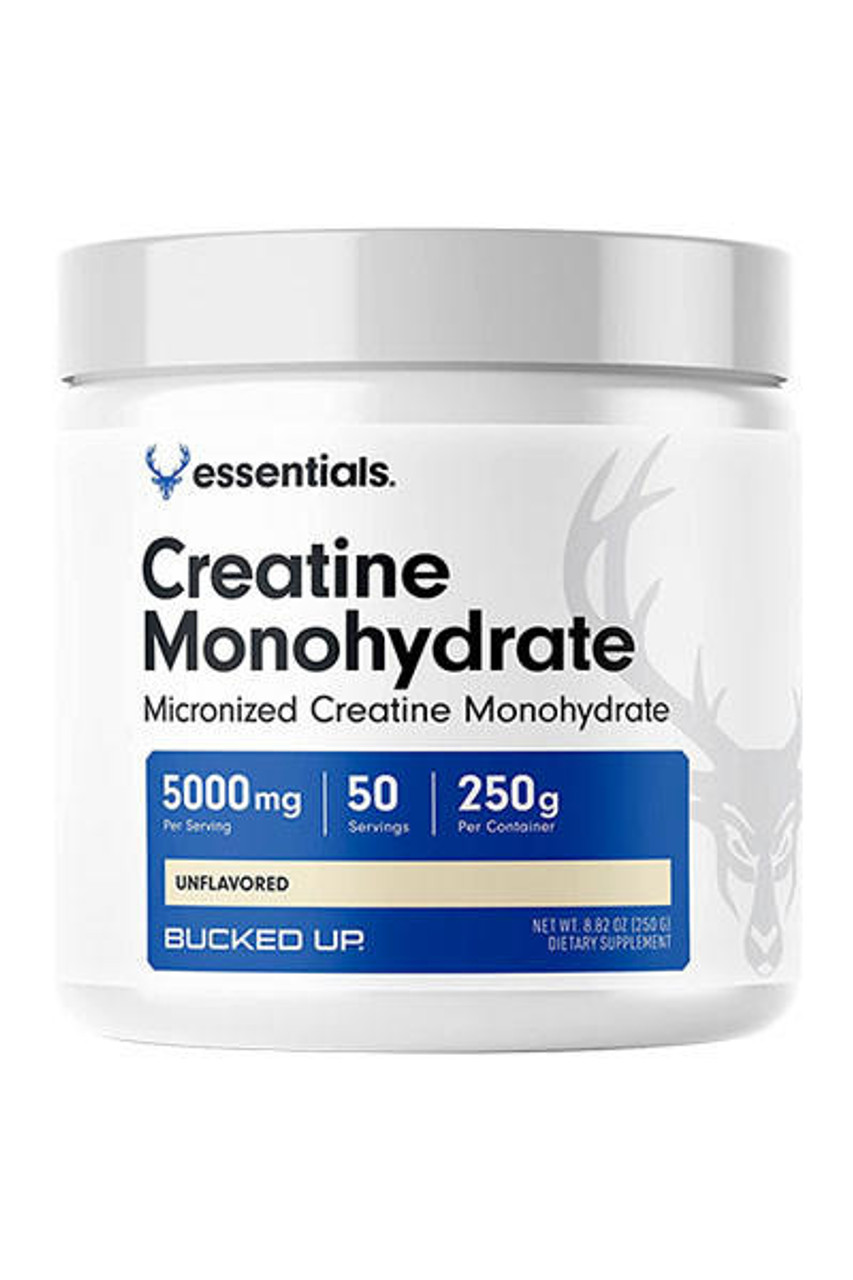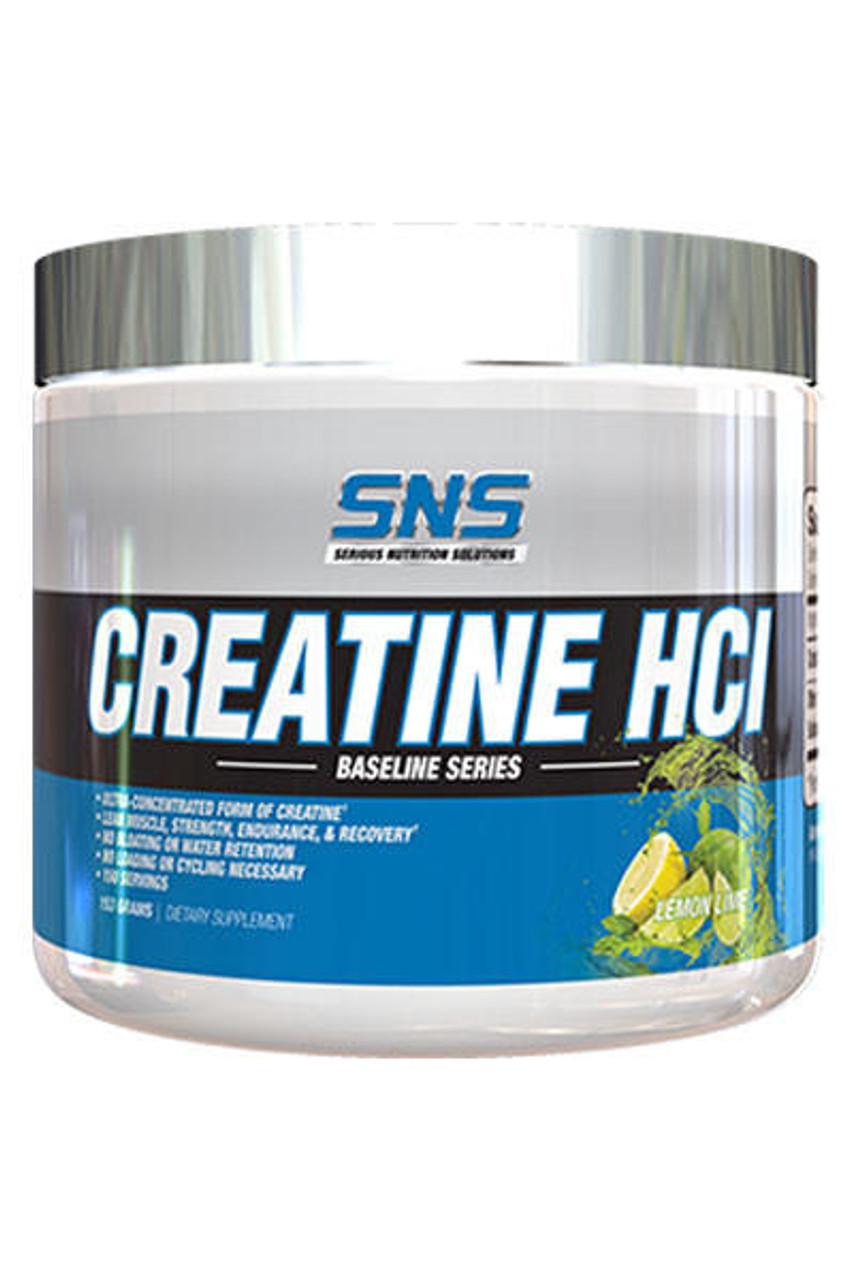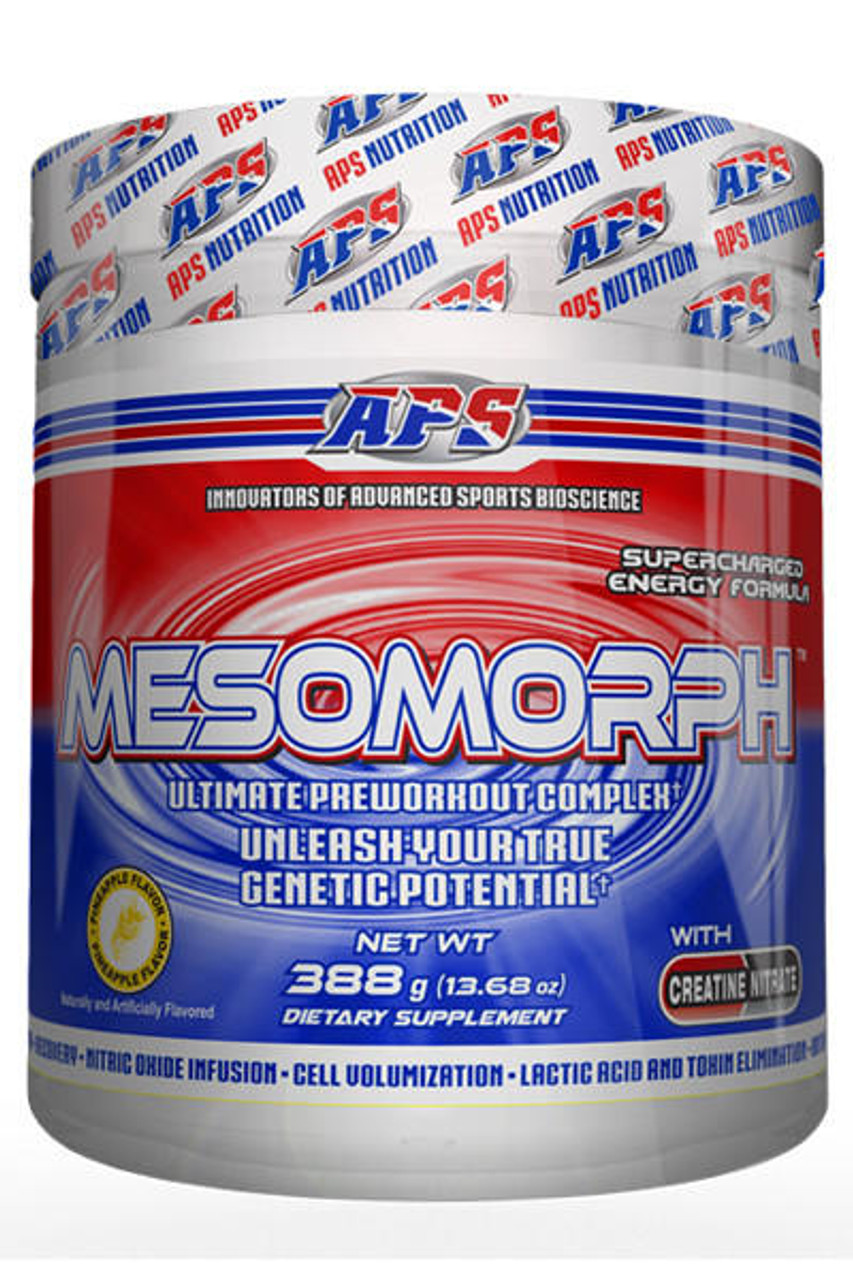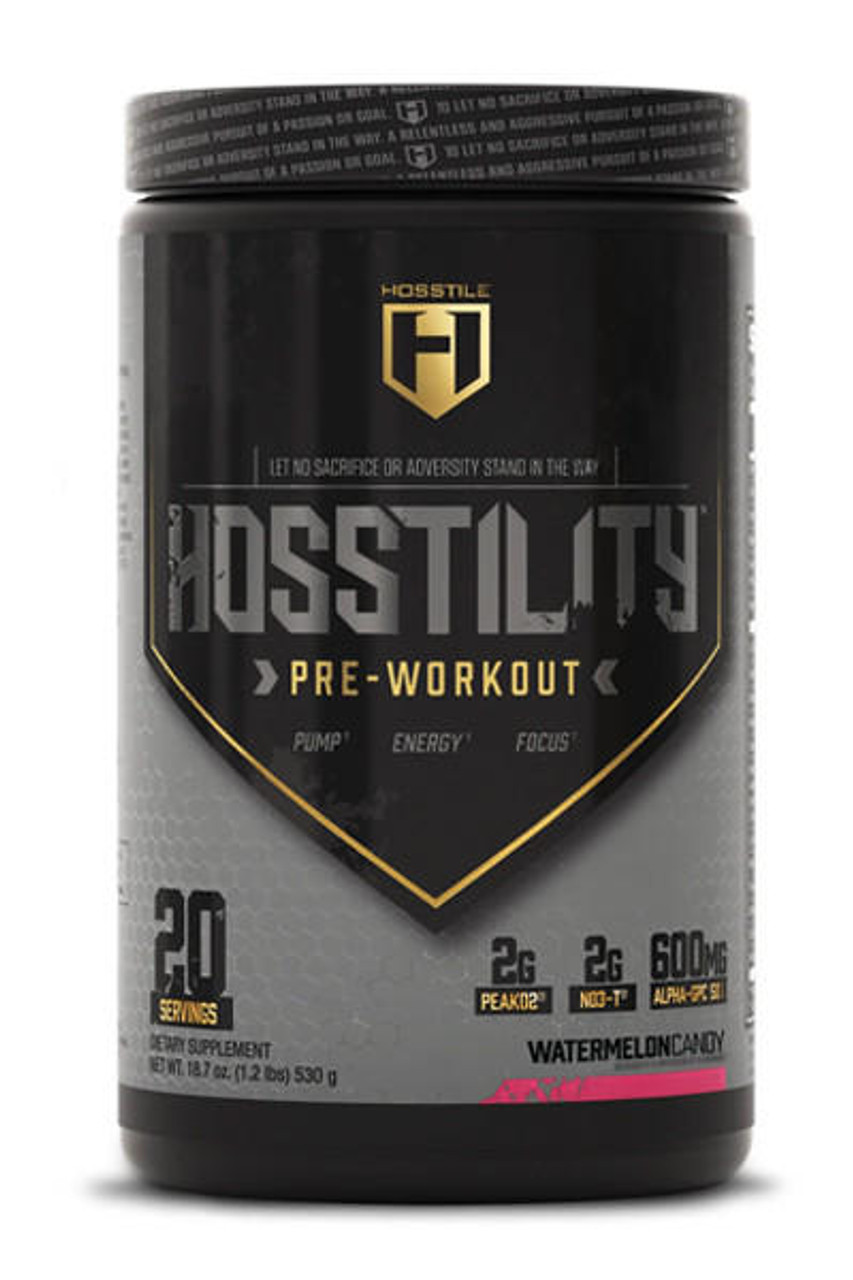Taking Creatine on an Empty Stomach - What You Should Know!
Posted by Leonard Shemtob on Sep 21, 2023
One of the commonly asked questions in the fitness community is about the implications of taking creatine on an empty stomach.
Buckle up, because we're about to dive deep into the world of creatine supplements and clear the fog surrounding this frequently asked question.
Short Summary:
- Comprehensive exploration of the debate surrounding creatine consumption on an empty stomach.
- Insight into various forms of creatine, from Creatine Monohydrate to Creatine HCl, and their distinct benefits.
- Spotlight on top-ranking creatine supplements and preworkouts with creatine.
- Recommendations and guidance on proper creatine usage and cycling.
- Buy the Best Creatine Supplement and fuel your muscles for optimal growth.
Related Reads:
What is Creatine?
Creatine is a naturally occurring compound made up of three amino acids.
Our bodies naturally produce it, and it plays a crucial role in producing energy for short bursts of high-intensity activities.
By supplementing with creatine, you can significantly enhance muscle strength, exercise performance, and even boost muscle mass.
Taking Creatine on an Empty Stomach: The Lowdown
The discussion over taking creatine on an empty stomach remains a highly debated topic in the fitness community.
Some believe that taking creatine without food might help muscles absorb it directly.
Others, however, argue that pairing it with a meal, particularly carbs, can optimize its benefits.
While taking creatine on an empty stomach is generally safe for most people, it may lead to stomach discomfort for some.
It's essential to monitor your body's response and adjust accordingly.
Understanding Different Types of Creatine
There's more than just one type of creatine out there:
- Creatine Monohydrate: The most researched and trusted form. Known for its efficacy in improving muscle strength and size.
- Creatine HCl (Hydrochloride): Highly soluble, it might result in lesser stomach issues compared to monohydrate.
- Creatine Nitrate: Combines creatine with nitrate, offering benefits like improved blood flow alongside the typical creatine advantages.
- Creatine Ethyl Ester (CEE): This particular form of creatine bonds to an ester. Many believe it improves creatine’s absorption and decreases the chance of bloating and dehydration.
- Creatine Malate: This is creatine bound with malic acid. The combination enhances ATP (energy) production, potentially boosting endurance during workouts.
- Creatine Citrate: This form pairs creatine along with citric acid. Though it dissolves better than creatine monohydrate, it often has less creatine per gram, so you might need a larger dose.
- Creatine Pyruvate: A compound of creatine with pyruvic acid, believed to produce higher plasma creatine levels than other forms.
- Creatine Gluconate: This is creatine bound to glucose (sugar). The idea here is that the glucose will increase insulin levels, which could potentially improve creatine uptake in muscles.
- Buffered Creatine (Kre-Alkalyn): This type of creatine has its pH levels adjusted. Its believed to be more stable and might be gentler on the stomach.
- Creatine Magnesium Chelate: As the name suggests, it's creatine bound to magnesium. Some studies suggest it might have similar benefits to creatine monohydrate but with reduced side effects.
Benefits of Creatine Supplementation
- Muscle Growth: Creatine has shown to increase muscle cell volume, leading to larger muscle appearance.
- Improved Exercise Performance: It provides energy for short, explosive movements, making it excellent for sprinters or weightlifters.
- Brain Health: Preliminary research suggests it might help with neurological diseases because of its energy-enhancing properties.
Proper Creatine Cycling
Loading Phase
This is often the starting point for many using creatine for the first time. During this phase, users typically consume around 20g of creatine daily, spread throughout the day for 5-7 days. This approach quickly saturates the muscles with creatine.
Maintenance Phase
After the loading phase, the lower your dose of creatine to a maintenance level of 3-5g daily. This phase can last several weeks or months, maintaining elevated creatine levels in the muscles. The maintenance phase often continues for about 4-6 months for those who opt for longer cycles.
Cycling Off
Cycling off creatine involves taking a break from the supplement to allow the body to normalize its internal creatine production. The suggested cycle-off period is typically 1-2 months after a 4-6 month supplementation period.
During this phase, the body goes back to making creatine normally.
Any excess water weight associated with creatine supplementation will likely reduce when cycling off.
Duration and Break
A lot of athletes use creatine all the time with no issues. But, some experts suggest taking breaks every 4-6 months for a period of 1-2 months.
Many studies suggest that creatine is safe to use over long periods. Yet, taking breaks may help avoid long-term side effects while still getting its benefits.
Top Ranking Creatine Supplements
Let's shine the spotlight on some of the best creatine supplements on the market:
Beyond just a creatine supplement, JetMass offers a powerhouse blend packed with a variety of muscle-supporting ingredients.
Key Ingredients:
- Creapure Creatine Monohydrate
- Amino Acids
- Vitamins
Benefits:
- Supercharged muscle recovery
- Enhanced muscle strength and lean body mass
- Elevated athletic performance
Creatine Nitrate by Hi-Tech
This supplement fuses creatine and nitrate, delivering a double punch of benefits.
Key Ingredient:
- Creatine Nitrate
Benefits:
- Improved muscular endurance
- Enhanced muscle pumps
- Accelerated recovery
- Better absorption compared to other creatine forms
Creatine Monohydrated by Bucked Up
Experience the gold-standard of creatine in its most undiluted form.
Key Ingredient:
- Creatine Monohydrate
Benefits:
- Significant muscle mass enhancement
- Improved results from resistance training
- Significantly faster recovery
Creatine by Psycho Pharma
Designed to boost energy production and inflate muscle volume.
Key Ingredient:
- Creatine Monohydrate
Benefits:
- Powerful energy production
- Visible increase in muscle volume
- Noticeable improvements in strength and muscular endurance
- Enhanced athletic performance
Creatine HCI Capsules & Creatine HCI Powder by SNS
Experience the efficacy of creatine without the associated bloating.
Key Ingredient:
- Creatine HCl
Benefits:
- Faster absorption than Creatine Monohydrate
- Enhanced strength
- Reduced bloating
- Consistent muscle growth
- No loading phase needed
Pre-workouts with Creatine: Power-Packed Boosters
To further optimize your workout routines, some preworkouts go the extra mile by including creatine.
Let's explore these dynamic pre-workout blends and see how they can help elevate your performance:
Mesomorph by APS Nutrition
A powerful pre-workout that combines creatine with other potent ingredients.
Key Ingredients:
- Provides 3 different forms of creatine
- L-Citrulline malate
- Beta-alanine
- Potent stimulant blend including Caffeine, 2-Amino, and Geranium Extract
Benefits:
- Supercharged energy and focus
- Increased strength and power output
- Delayed muscle fatigue and enhanced muscular endurance
- Swift recovery between sets and workouts
Hosstility by Hosstile
A dynamic pre-workout blend designed to maximize your training sessions.
Key Ingredients:
- Creatine Monohydrate
- L-tyrosine
- Caffeine
Benefits:
- Intense cognition, focus, and concentration
- Enhanced muscle pumps and nitrogen retention
- Surge of energy
- Elevated strength and athletic performance
To Wrap Things Up
Creatine, whether taken on an empty stomach or not, can be a game-changer for your workouts.
Feel free to try both methods to see which one your body responds to better.
Listen to your body, choose the right supplements, and never compromise on quality.
Written and Sponsored by Leonard Shemtob
Leonard Shemtob is President of Strong Supplements and a published author. Leonard has been in the supplement space for over 20 years, specializing in fitness supplements and nutrition. Leonard appears on many podcasts, written over 100 articles about supplements and has studied nutrition, supplementation and bodybuilding.
Leonard's articles have been published in many top publications around the web. Leonard enjoys weight training, playing basketball and yoga, and also enjoys hiking. In his free time he studies and works on improving himself. For more detailed information, visit his official blog.
Creatine FAQs
Related Reads
Learn More About Creatine

- Kreider RB, Kalman DS, Antonio J, et al. International Society of Sports Nutrition position stand: safety and efficacy of creatine supplementation in exercise, sport, and medicine. J Int Soc Sports Nutr. 2017;14:18.
- Hultman E, Söderlund K, Timmons JA, et al. Muscle creatine loading in men. J Appl Physiol. 1996;81(1):232-237.
- Buford, T. W., Kreider, R. B., Stout, J. R., et al. (2007). International Society of Sports Nutrition position stand: Creatine supplementation and exercise. Journal of the International Society of Sports Nutrition, 4(1), 6.
- Cooper, R., Naclerio, F., Allgrove, J., & Jimenez, A. (2012). Creatine supplementation with specific view to exercise/sports performance: an update. Journal of the International Society of Sports Nutrition, 9(1), 33.
- Persky, A. M., & Rawson, E. S. (2007). Safety of creatine supplementation. Sub-cellular biochemistry, 46, 275-289.
- Rawson, E. S., & Volek, J. S. (2003). Effects of creatine supplementation and resistance training on muscle strength and weightlifting performance. Journal of strength and conditioning research, 17(4), 822-831.
- Volek, J. S., & Rawson, E. S. (2004). Scientific basis and practical aspects of creatine supplementation for athletes. Nutrition, 20(7-8), 609-614.
